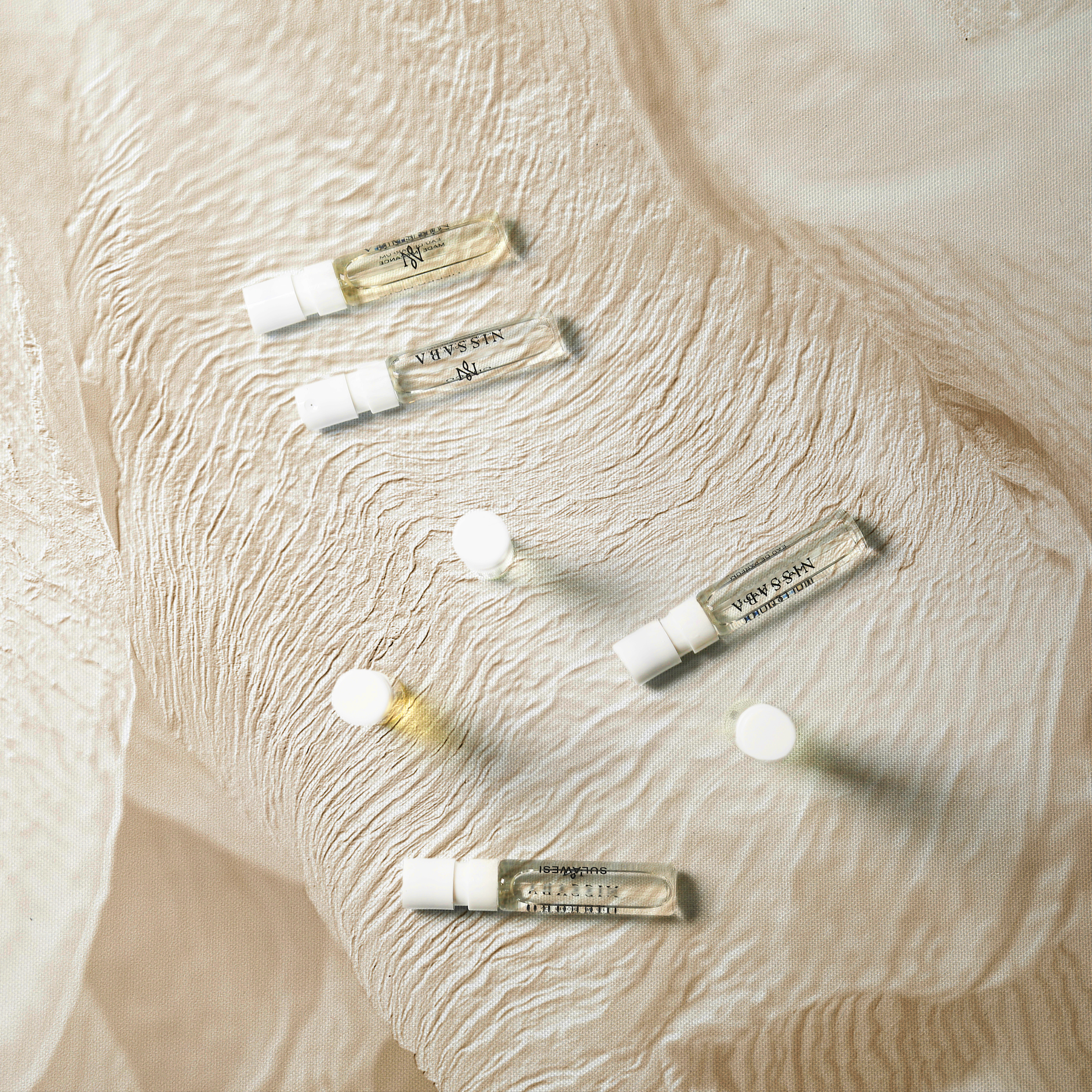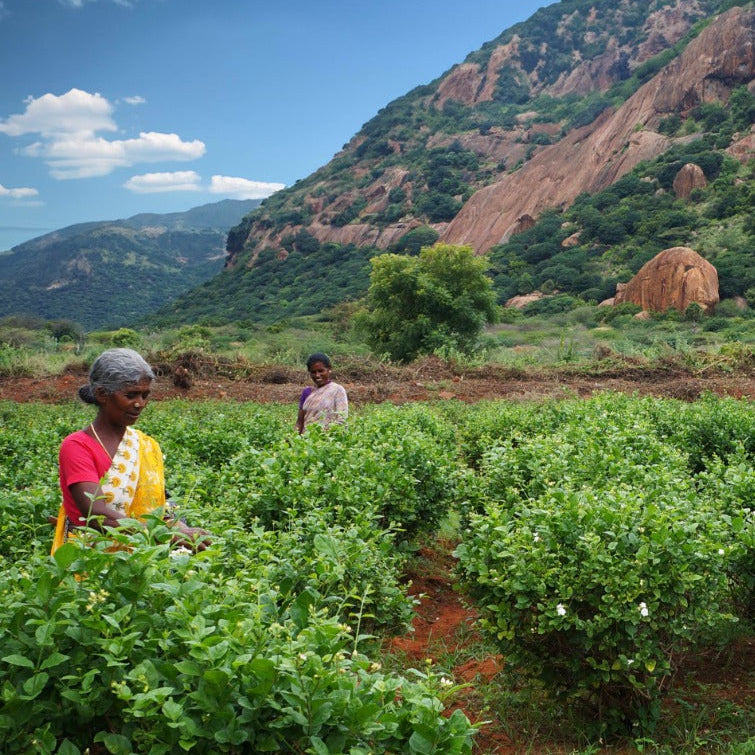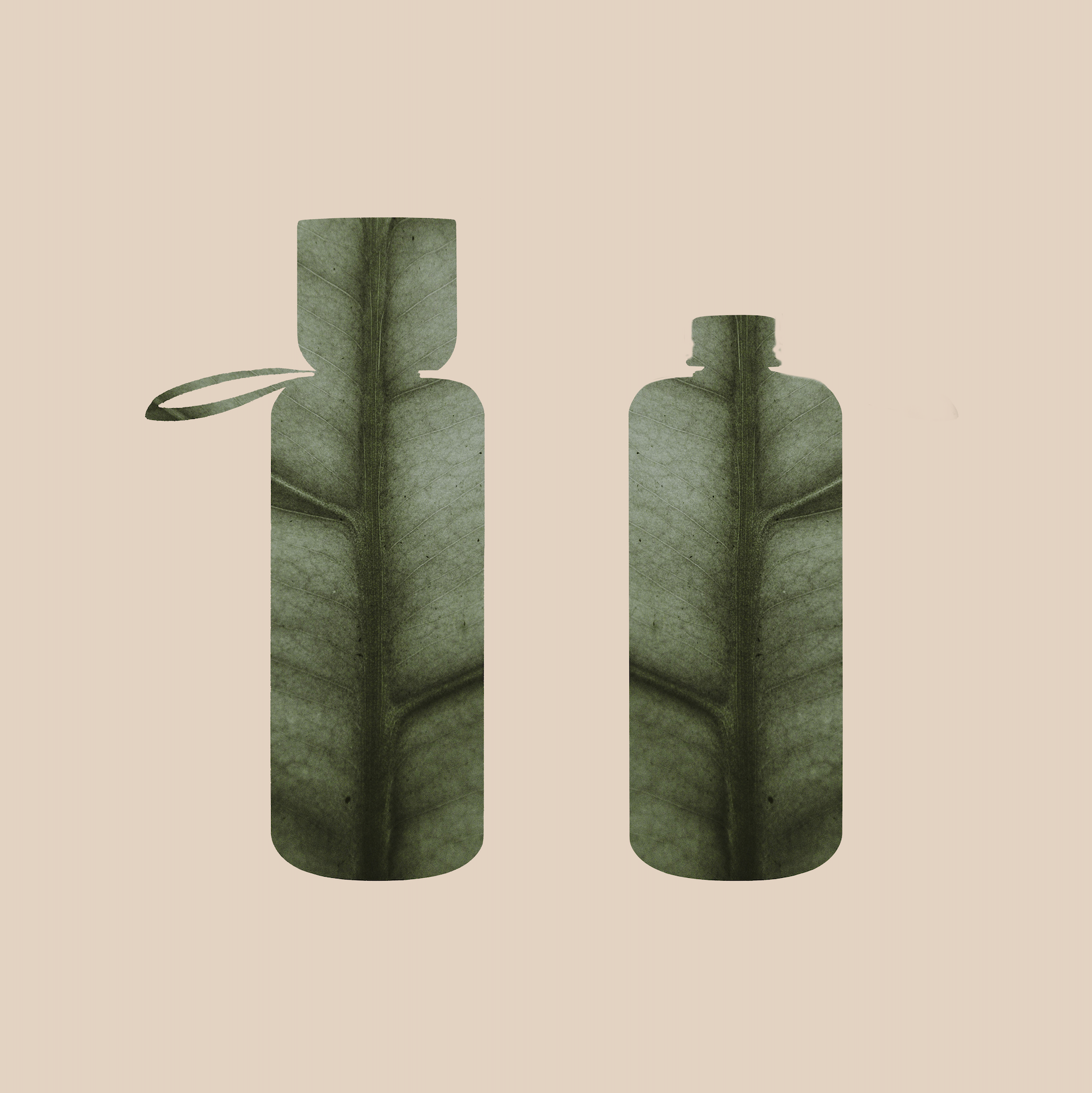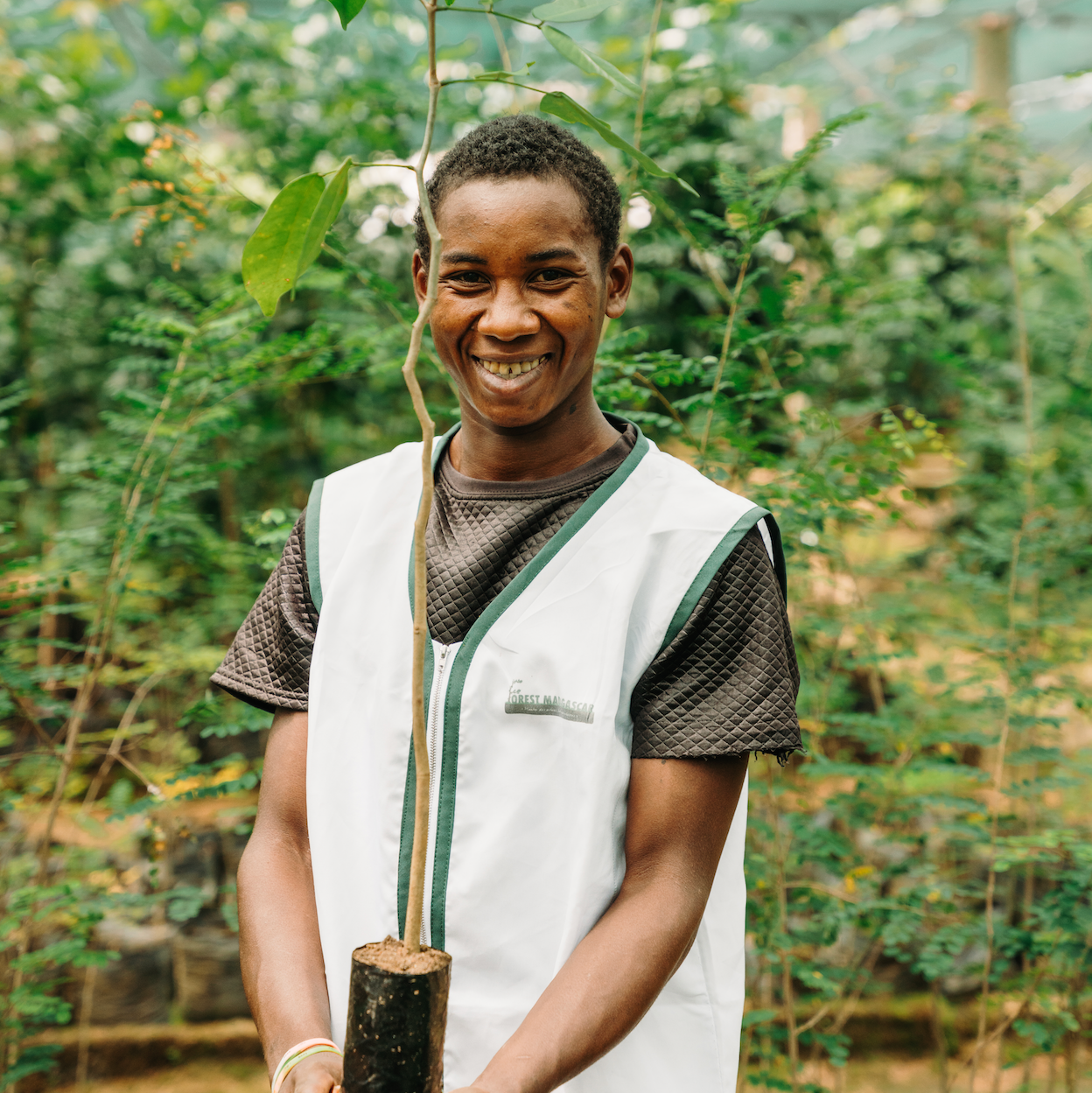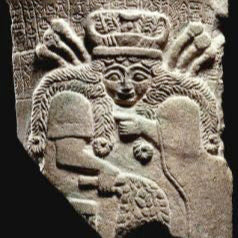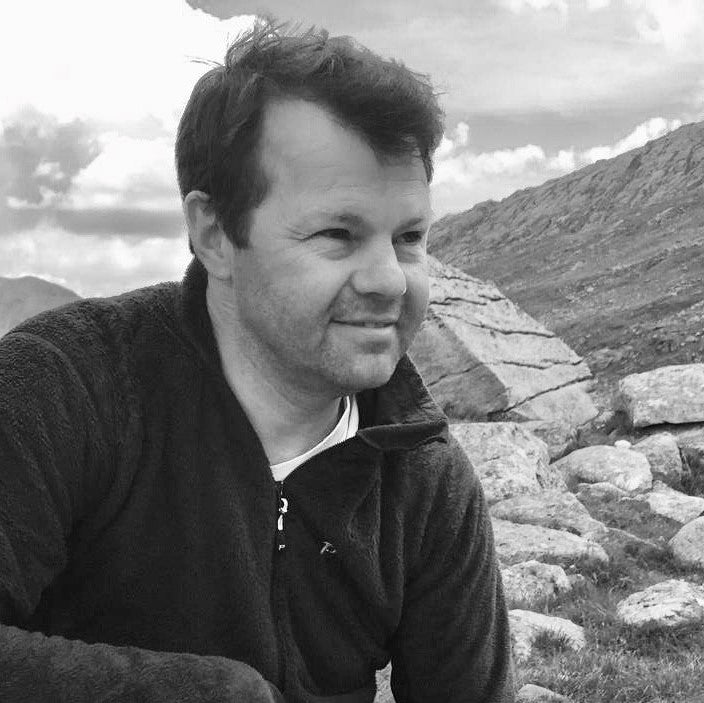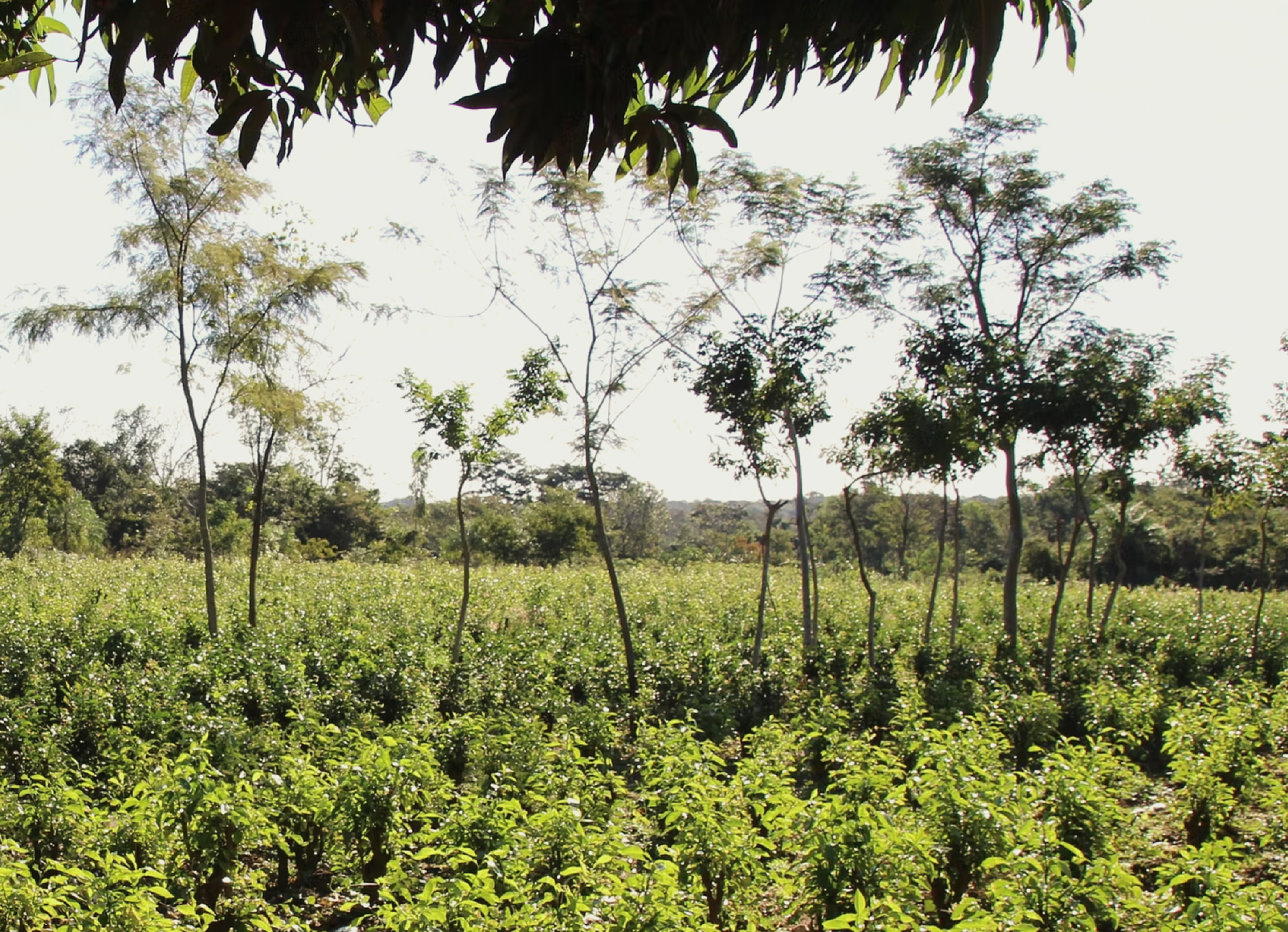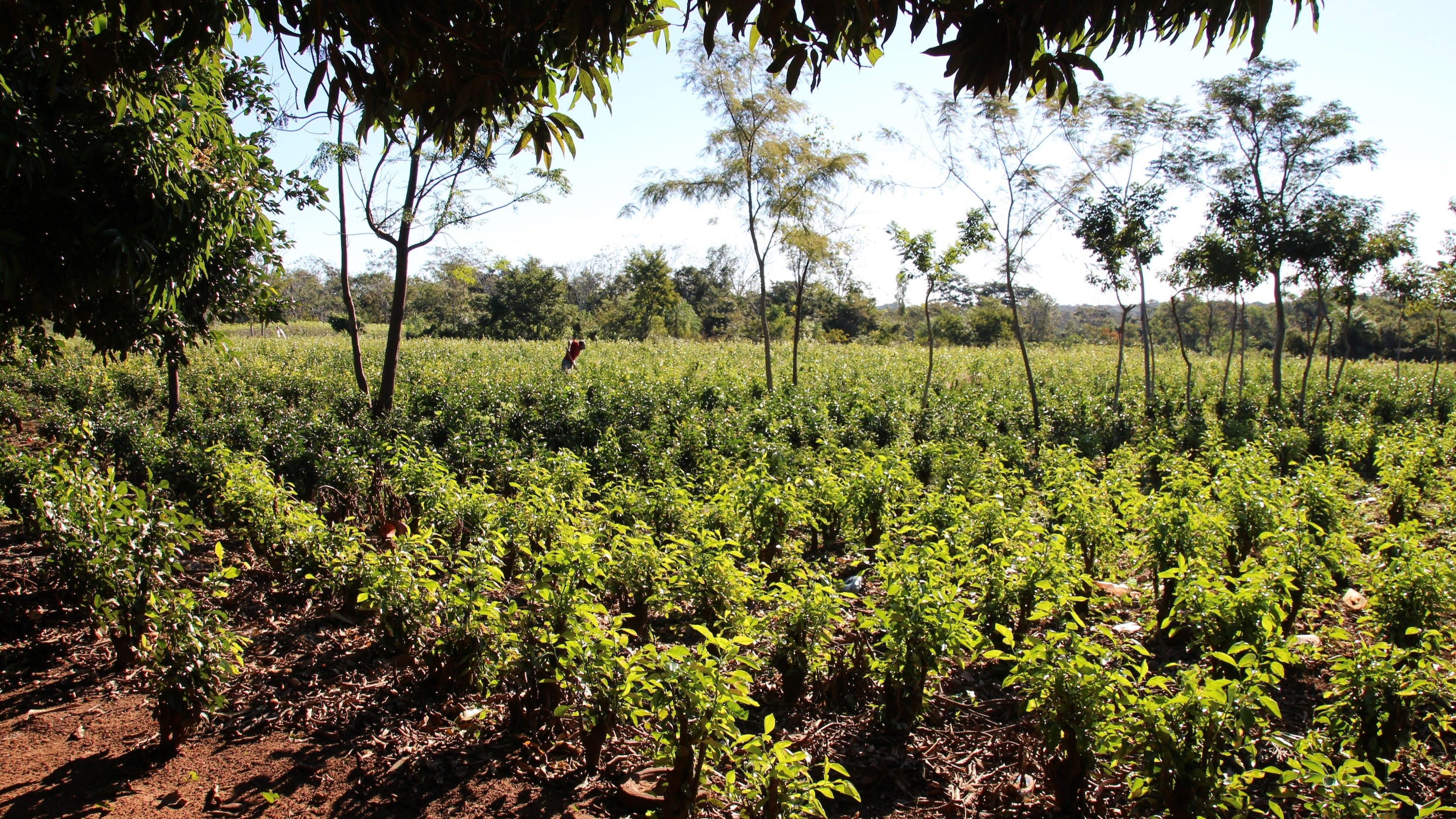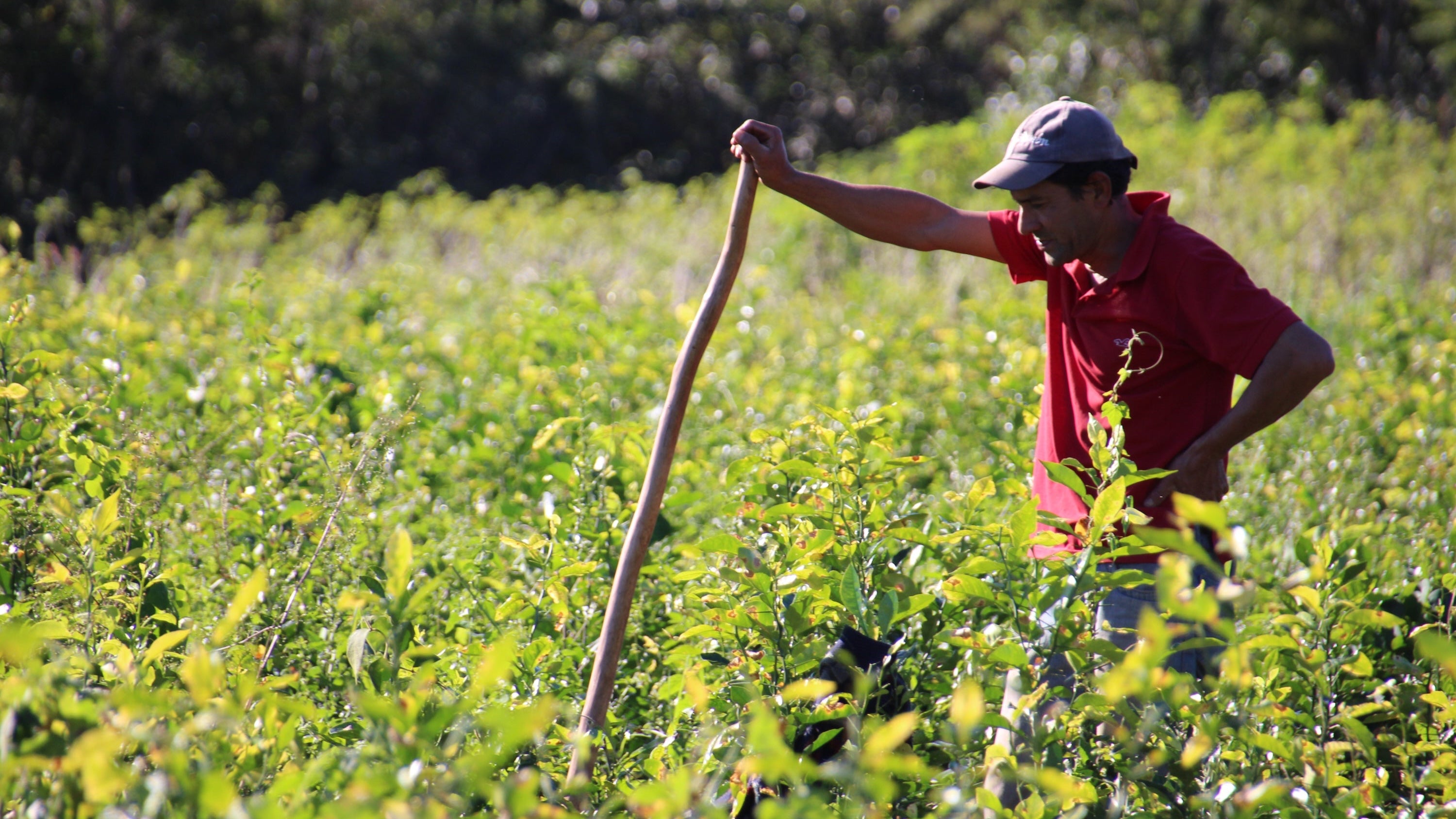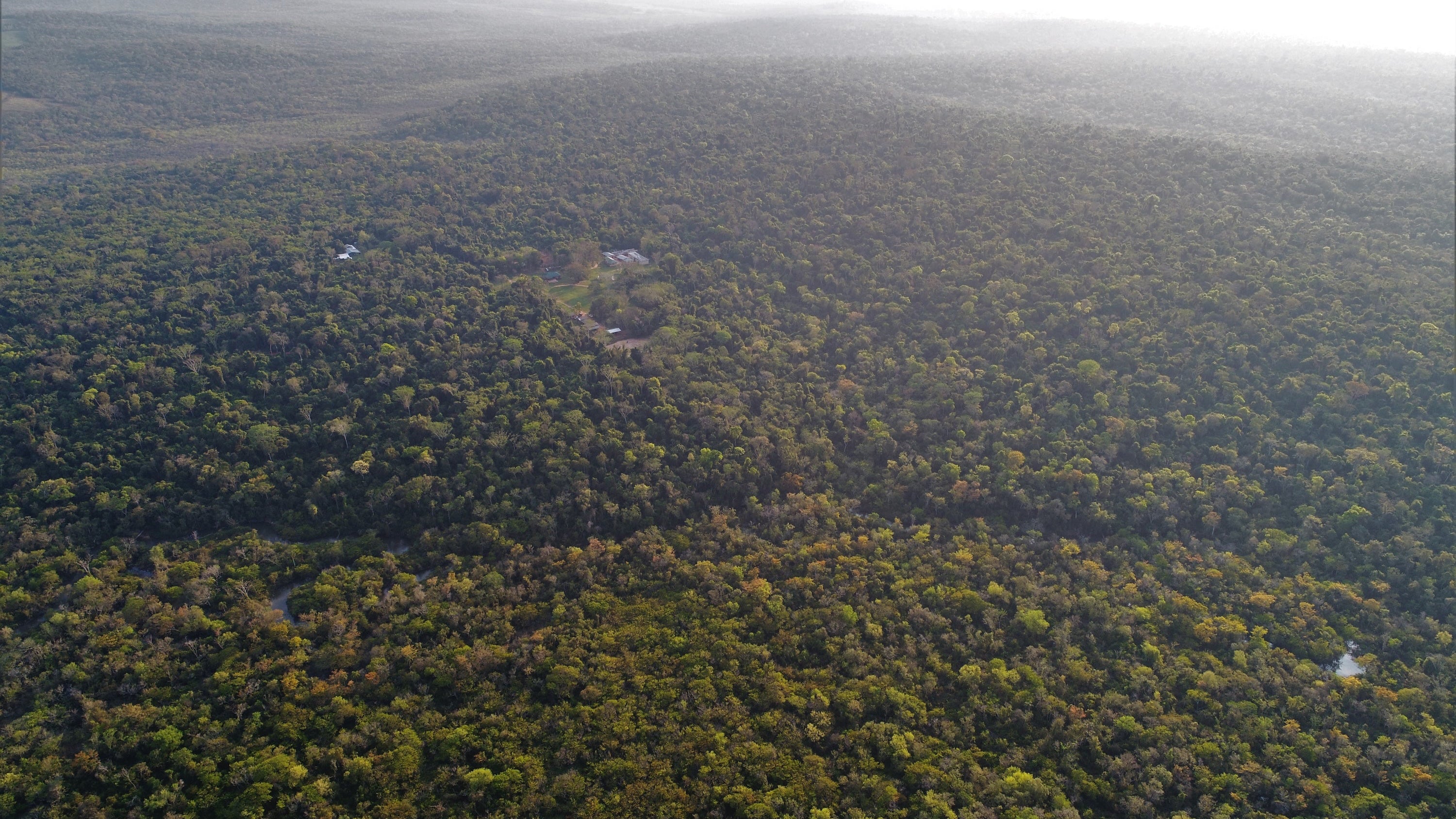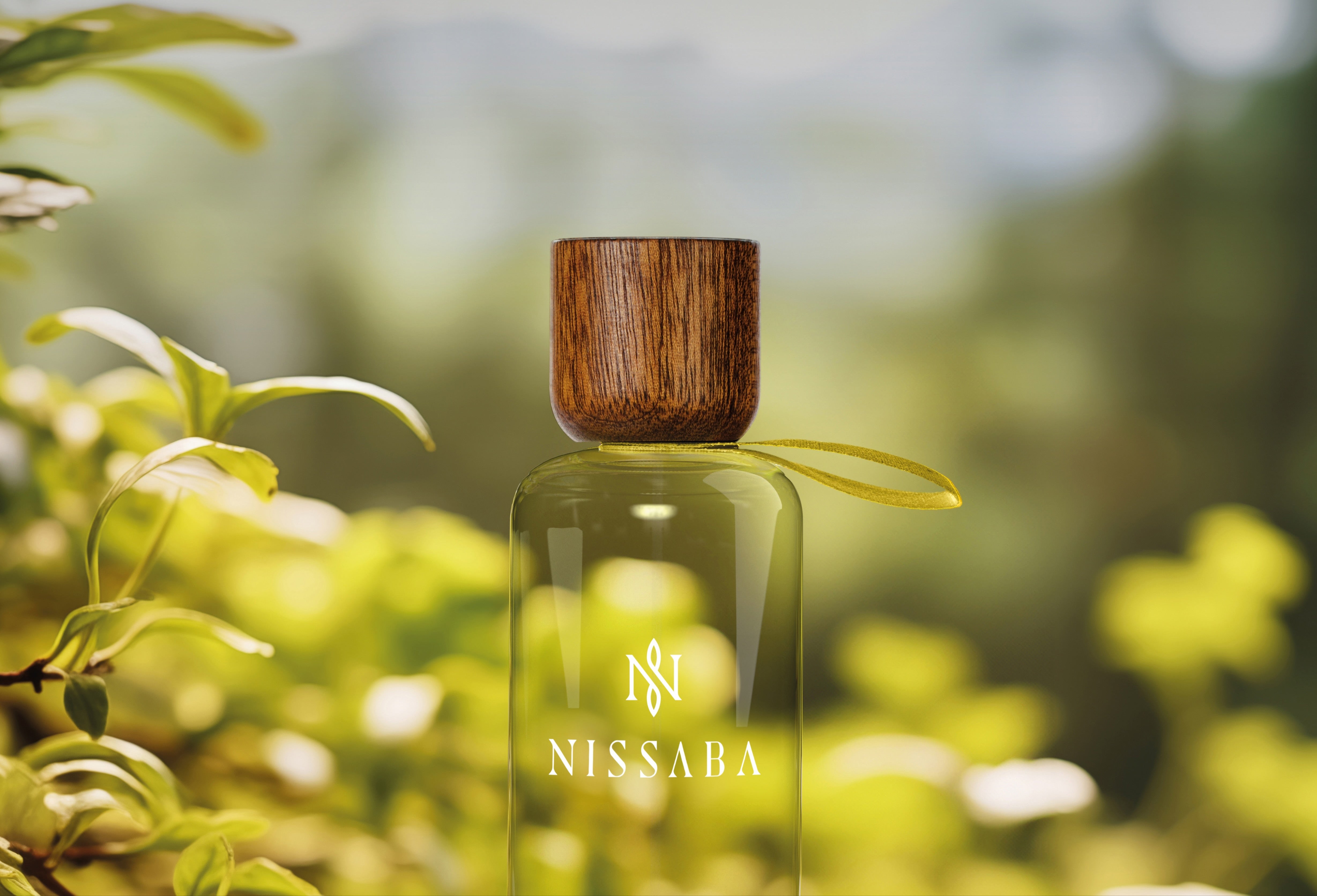The Mbaracayù project: A legacy of empowerment
GENESIS AND CONTINUITY
In 2017, during a sourcing trip for petitgrain and guaiac wood, Nissaba’s founder Sébastien Tissot discovered the Mbaracayú Educational Center, managed by the Fundacion Moises Bertoni. Nestled in the only remaining native forest of Eastern Paraguay, this residential school offers a unique baccalaureate in Environmental Sciences, dedicated to empowering indigenous young women with knowledge in agroecology.
Surrounded by farming communities cultivating yerba maté and petitgrain, two iconic ingredients in perfumery and key notes of Nissaba’s Chaco fragrance, the school stands as a beacon of resilience. Through education and field training, it bridges biodiversity conservation with sustainable rural development.
Key project design elements
The Mbaracayú project aims to strengthen sustainable cultivation of petitgrain and yerba maté through regenerative and integrated farming practices. By combining agroforestry, food crops, and cash crops, the initiative enhances soil health, food security, and economic resilience.
A model farm has been established to showcase advanced practices such as:
- Association of yerba maté, petitgrain, vegetables, and agroforestry
- Apiculture and water harvesting
- Soil health monitoring
- improved distillation techniques for essential oils
This demonstration farm is complemented by champion farmers and school students who are encouraged to replicate and spread these practices across their own communities.
The Mbaracayú Project
Project design and phases
A model farm was established, integrating petitgrain, maté, vegetables, and agroforestry practices. From this foundation, champion farmers were trained to apply sustainable techniques and replicate the successful solutions demonstrated on the model farm. To foster long-term impact, school students participate in hands-on training at the farm, gaining practical knowledge of sustainable agriculture. In parallel, nurseries and plantations for petitgrain and maté have been set up to support the project’s growth and continuity.
TRANSFORMING LIVES, LANDSCAPES, AND THE FUTURE
By linking education, sustainability, and local resources, the Mbaracayú project is revisiting the role of indigenous women in agriculture. Students graduate not only with a degree but with practical skills and the confidence to shape the future of their land, their families, and their communities.
Impact by the numbers
1450
yerba maté plants were planted as in year 1 as part of this project
20
young women students trained in agroecology and crop diversification
8
champion farmers supported to implement these practices in own property
1
model farm serves as as a living classroom for multicropping and agroforestry



